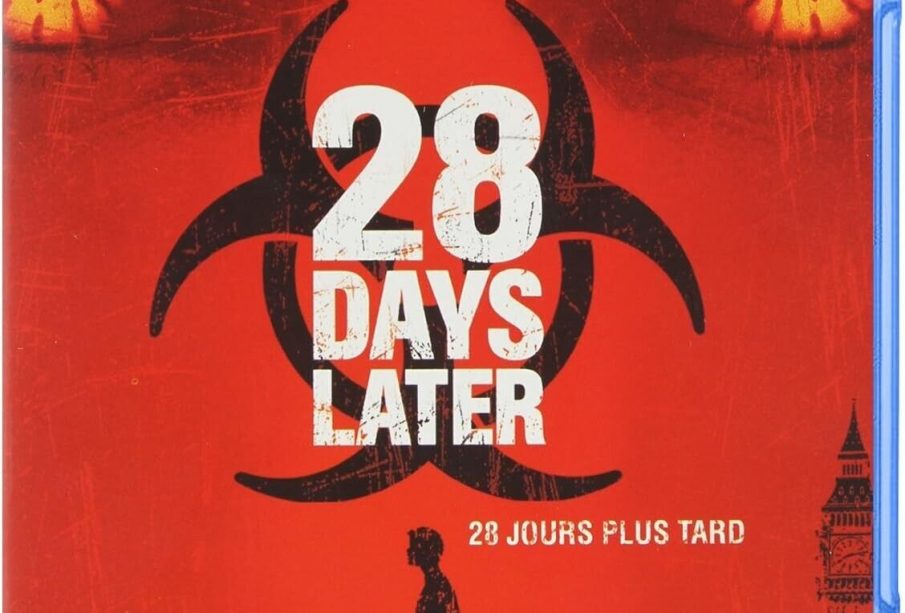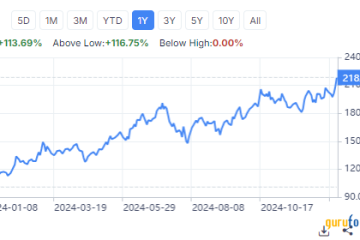The Lasting Impact of 28 Days Later on the Zombie Genre

Introduction
’28 Days Later,’ directed by Danny Boyle and released in 2002, significantly transformed the zombie genre in film. Combining horror elements with social commentary, this post-apocalyptic narrative brought a new approach to portraying the undead. Its influence has been felt for over two decades, and its relevance continues to resonate in contemporary cinema, making it essential to explore its impact.
A Revolution in the Genre
When ’28 Days Later’ hit theaters, it broke from traditional zombie motifs. Unlike classic zombies that were slow-moving and devoid of cognitive function, the film introduced fast, rage-infected humans, characterizing them as intensely ferocious and terrifying. This shift not only raised the stakes of horror but also served as a reflection on societal collapse, tapping into fears about pandemics and loss of humanity.
The film’s production approach further distinguished it from its predecessors. Shot on a low budget in desolate locations around London, it utilized handheld camera work, adding a raw and visceral feel. The post-apocalyptic landscape contrasted sharply with the bustling urban life typically portrayed in films, creating an unsettling atmosphere that left a lasting impression on audiences.
Cultural and Critical Reception
’28 Days Later’ garnered both critical acclaim and commercial success. It grossed over $85 million globally, encouraging a new wave of zombie films that followed, including ‘World War Z’ and ‘The Walking Dead’ series. Critics praised its thought-provoking themes and innovative storytelling. Roger Ebert, a respected film critic, highlighted its commentary on the fragility of society and the human condition amidst panic and fear.
Legacy and Influence
The film’s legacy is evident not just in the horror genre but also in its influence on global cinema. It reignited interest in zombie narratives and sparked discussions about the nature of humanity in crisis situations. Furthermore, ’28 Days Later’ is often credited for reigniting the zombie genre’s popularity, leading to a plethora of adaptations and originals that explore similar themes of survival, morality, and the influence of fear.
Conclusion
In summary, ’28 Days Later’ stands as a landmark film that redefined how zombies are portrayed in movies. With its innovative approach and poignant commentary on society, it paved the way for a resurgence of interest in the genre, influencing a generation of filmmakers and audiences alike. As we continue to see new interpretations and adaptations, the significance of ’28 Days Later’ remains clear, urging viewers to reflect on their connection to humanity amidst chaos.








